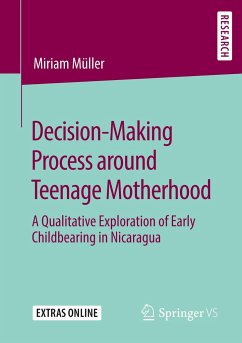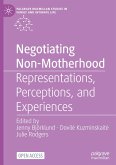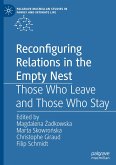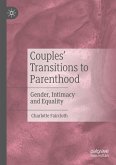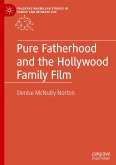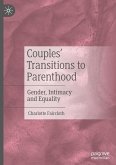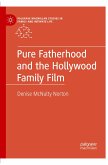The objective of this study is to understand the perceptions, beliefs, and influencing factors that may lead to different fertility outcomes among young women in Nicaragua, a country with one of the highest adolescent fertility rates in Latin America. The results are based on qualitative data collected in urban areas. Miriam Müller reveals that two structural constraints affect women's choices and their capacity to actively participate in defining their life paths: poverty and traditional gender norms.This book contributes to the discussion of intergenerational transmission of poverty by disentangling the mechanisms behind decision-making around teenage motherhood and by describing the consequences of these decisions.
Bitte wählen Sie Ihr Anliegen aus.
Rechnungen
Retourenschein anfordern
Bestellstatus
Storno

